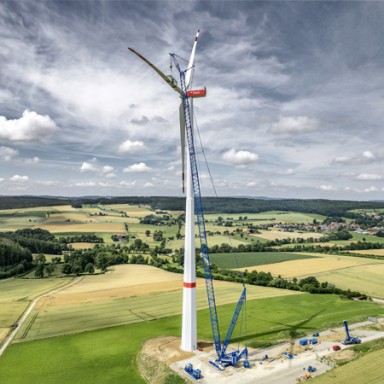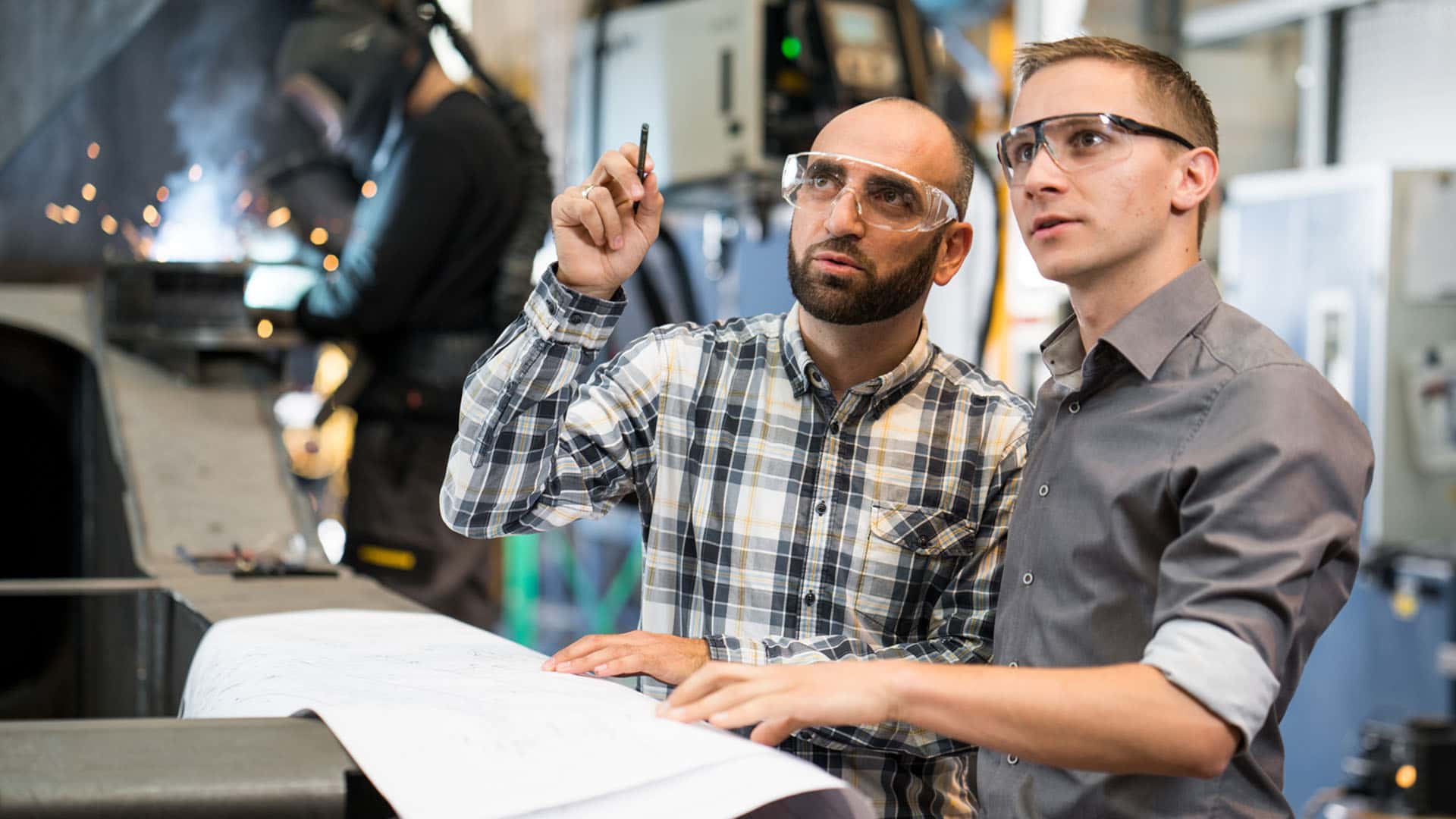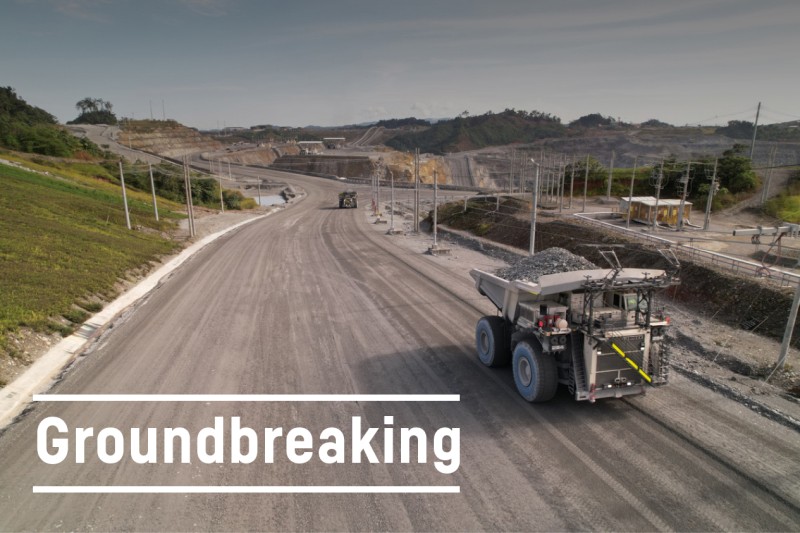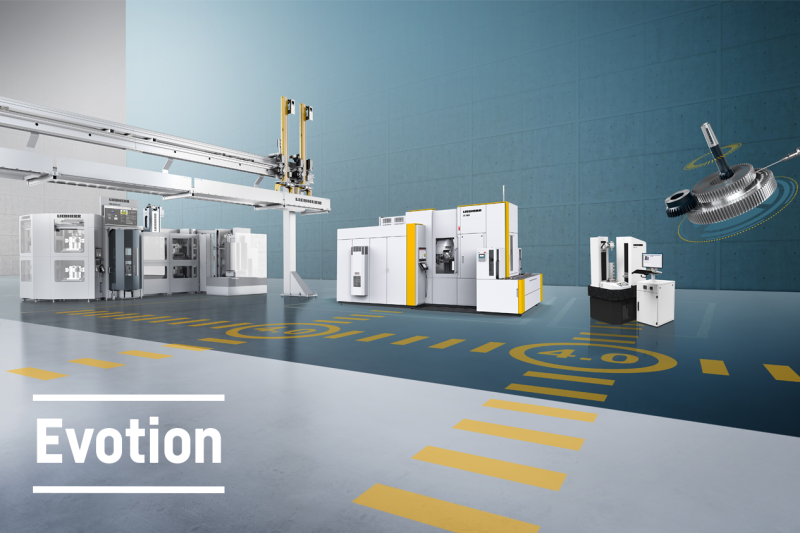 Group
GroupLatest news
News and press releases
2025-07-04News
NADCAP certification: Important milestones reached by Liebherr Aerospace Brasil
For the second time in a row, the Liebherr-Aerospace site in Brazil has been awarded with the Gold as well as with the Silver Status in the NADCAP certification program regarding various chemical processes and methods.
2025-07-03News
Vote now: Who will make it to the preliminary round of the Game of Cranes?
Voting for the international mobile crane world championship Game of Cranes, organised by Liebherr, has been running since 18 June. You can vote every day until 27 July and help decide which crane operators make it to the next round – the regional preliminary round.
2025-07-03News
Aero Excellence awards Liebherr-Aerospace
Two Liebherr-Aerospace sites have been granted the Aero Excellence Award in Bronze. This puts Liebherr among the top three companies evaluated in the European aerospace industry.
2025-07-03Press releases
A modernised fleet: new Liebherr LTM 1100-5.3 mobile crane for Würzburger Kranverleih
Würzburger Kranverleih und Bergungsdienst GmbH has taken delivery of a new Liebherr LTM 1100-5.3 mobile crane. The 100-tonne crane has a 62-metre-long telescopic boom, a modern crane design, LICCON3 control and the innovative TraXon DynamicPerform ZF gear unit. It replaces an eleven-year-old LTM 1090-4.1 in the Lower Franconia-based family-run company’s crane fleet.
2025-07-02Press releases
All-electric CBG 500 E transshipment cranes for Associated Terminals
With the deployment of two CBG 500 E cranes, Associated Terminals and Liebherr are pioneering a new chapter in river-based cargo handling in the U.S. One, that is defined by electrification, innovation, and environmental responsibility. This milestone not only enhances operational capability but also signals a broader shift towards sustainable logistics on the Mississippi River.
Magazines by Liebherr
Exhibitions and events
2025-07-07 - 2025-07-08Exhibitions
2025-07-08 - 2025-07-10Exhibitions
2025-08-05 - 2025-08-06Exhibitions
2025-08-06 - 2025-08-07Exhibitions
2025-09-01 - 2025-09-04Exhibitions
Continue reading

Our year in figures
Published every year, our Annual Report looks back in detail at the past financial year. Find out facts, figures and stories from the Group.

Shaping digital transformation
Whether it is IoT, machine learning or cloud applications – discover Liebherr’s wide range of digital solutions.

All about wind energy
As a strong partner to the wind industry, Liebherr offers the right solution for a wide range of requirements.







Social Media
Find your community among Liebherr's many social media channels.